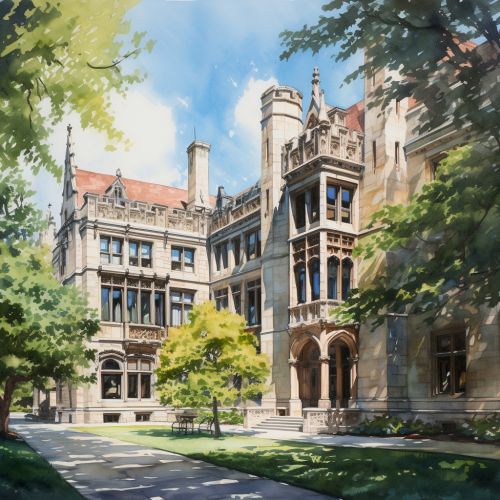John B. Watson
Early Life and Education
John Broadus Watson was born on January 9, 1878, in Travelers Rest, South Carolina. His parents, Pickens Butler Watson and Emma Kesiah Watson, were devoutly religious. Watson's early life was marked by instability and hardship, which shaped his later views on human behavior and psychology.
Watson entered Furman University at the age of 16 and graduated with a master's degree in 1899. He then proceeded to the University of Chicago, where he studied philosophy and psychology under the guidance of John Dewey and James Rowland Angell. Watson was particularly influenced by Angell's functionalist approach to psychology, which emphasized the study of consciousness and its role in adapting to the environment.


In 1903, Watson earned his Ph.D. in psychology from the University of Chicago. His doctoral dissertation, titled "Animal Education: An Experimental Study on the Psychical Development of the White Rat, Correlated with the Growth of its Nervous System", marked the beginning of his lifelong interest in animal behavior.
Career and Contributions to Psychology
After completing his Ph.D., Watson joined the faculty of the University of Chicago. In 1908, he moved to Johns Hopkins University, where he served as a professor of psychology until 1920. During his tenure at Johns Hopkins, Watson made significant contributions to the field of psychology, most notably the development of behaviorism.
Behaviorism, as proposed by Watson, was a radical departure from the introspective psychology that dominated the early 20th century. Watson argued that psychology should be a purely objective experimental branch of natural science, with its theoretical goal being the prediction and control of behavior. He dismissed introspection and consciousness as unobservable and, therefore, outside the realm of science.
Watson's behaviorist approach had a profound impact on psychology, shifting the focus of the discipline from the mind to observable behavior. His famous "Little Albert" experiment, conducted with his graduate student Rosalie Rayner, demonstrated how specific fears could be conditioned in humans.
Despite his significant contributions to psychology, Watson's career at Johns Hopkins ended abruptly in 1920 due to a scandal involving his affair with Rayner. After leaving academia, Watson embarked on a successful career in advertising, where he applied his understanding of human behavior to influence consumer decisions.
Later Life and Legacy
Watson married Rosalie Rayner in 1921, and they had two children together. After Rayner's premature death in 1935, Watson raised their children alone. He remained in advertising until his retirement in 1946.
Watson's influence on psychology continued long after his death in 1958. His behaviorist approach shaped the development of various branches of psychology, including cognitive psychology and clinical psychology. Despite criticism, behaviorism remains a significant theoretical framework in contemporary psychology.
